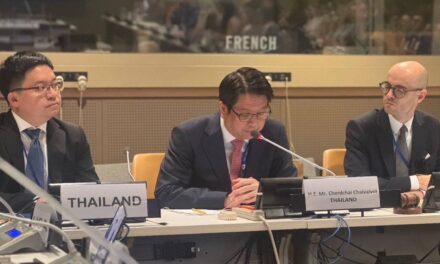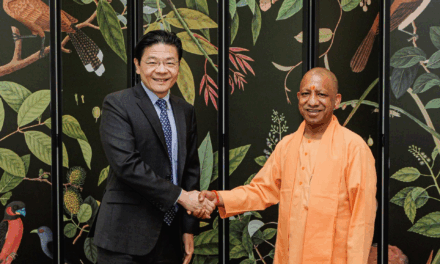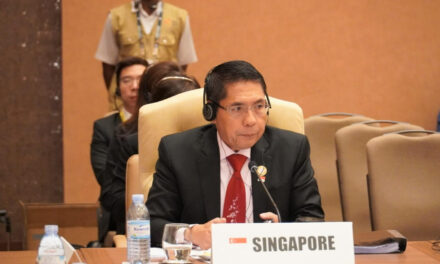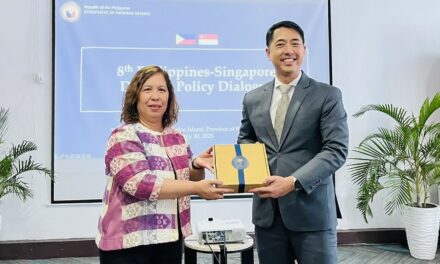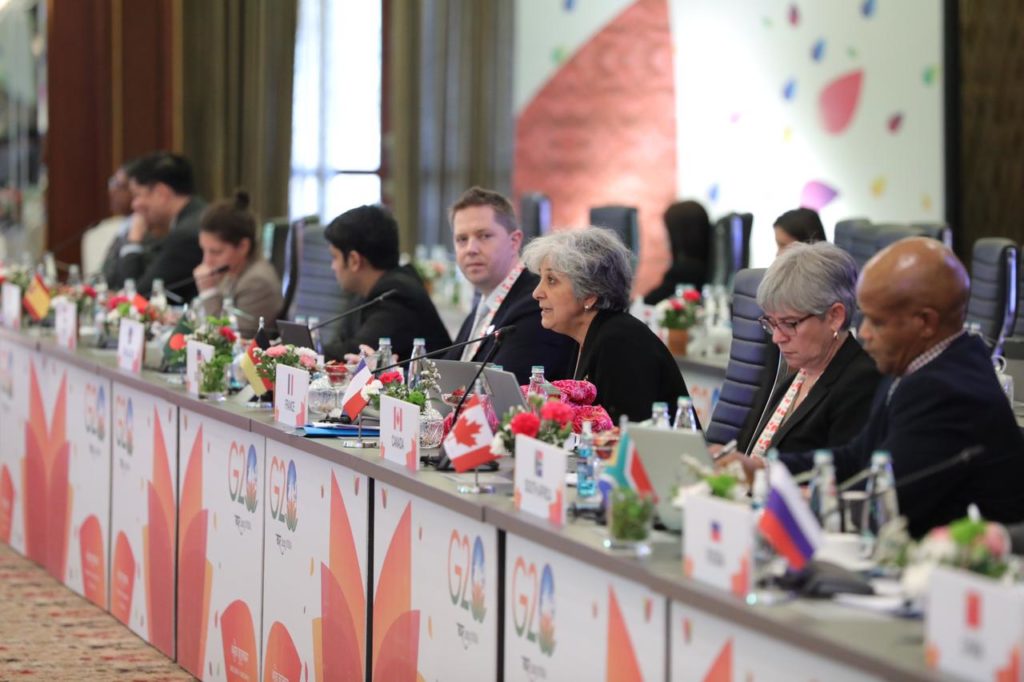
The first G20 Employment Working Group concluded on a positive note on February 4 in Jodhpur, with all G20 countries expressing interest and commitment to constructively working towards the Indian Presidency’s three priority areas of Addressing Global Skills Gaps, Gig & Platform Economy & Social Protection, and Sustainable Financing of Social Security.
The three-day meeting of the Indian Presidency’s Employment Working Group (EWG) [2-4 February] is led by the Ministry of Labour and Employment, Government of India, and is tasked with addressing labor, employment, and social issues in order to achieve strong, sustainable, balanced, and job-rich growth for all.
The Employment Working Group meetings began on Thursday with a special event featuring a panel discussion on ‘Exploring Strategies for Global Skills and Qualifications Harmonization and Developing a Framework for Common Skill Taxonomies’.

In the opening session of the second day, Minister for Jal Shakti Shri Gajendra Singh Shekhawat welcomed all delegates and thanked them for their dedication to the cause of the G20 Employment Working Group in Jodhpur Union.
The Minister stated that the theme of India’s G20 presidency, “Vasudhaiva Kutumbakam,” or “One Earth, One Family, One Future,” is particularly appropriate as they gather to discuss the interconnectedness of economies and peoples. He describes it as a powerful reminder of their common humanity and the importance of working together to create a better future for all. It also emphasizes the importance of inclusive, sustainable, and equitable solutions to labor and employment challenges, he added. Following the ministerial address by India’s G20 EWG Chair and Secretary of the Ministry of Labor and Employment, Ms. Aarti Ahuja, remarks were made by Co-Chairs from Indonesia and Brazil on India’s G20 EWG priorities.
The second session featured presentations and interventions on the priority of ‘Addressing Global Skills Gaps’ from countries and IOs (International Organizations). International organizations such as the ILO and the OECD have highlighted various types of skill and qualification gaps in the labor market.
Following this was a presentation by Mr. Atul Kumar Tiwari, Secretary, Ministry of Skill Development and Entrepreneurship, in which he discussed various skill and development initiatives and activities being carried out in India that have been proposed by business and government organizations in order to meet the objectives. The session’s open discussion gave the participating nations a forum to exchange experiences regarding some of the conditions and legal framework that currently exist for skill development in each of their home nations.
The third session focused on the priority issues of Gig and Platform Economy and Social Protection. It started with a detailed technical presentation by the ILO, OECD, and ISSA, followed by a presentation by the Niti Aayog, the Government of India’s premier think tank. Session 4 and 5 focused on the ‘gig and platform economy’ debate in the global and Indian contexts. The intervening countries gave detailed presentations on existing gig and platform economy frameworks and shared their experiences addressing worker concerns in this sector.
Opening remarks were made to begin the third day of the meeting by the Secretary of the Ministry of Labour & Employment and Chair of the G20 EWG. During the day’s sessions, the topic of ‘Sustainable Financing of Social Security’ was discussed. The ILO, OECD, and ISSA all highlighted current and emerging challenges in social protection. They also focused on the overall goal and the various structures available for long-term financing. The World Bank’s presentation emphasized the importance of universal social protection. The Employees Provident Fund Organization, Ministry of Labour and Employment, delivered an informative presentation on initiatives and schemes being implemented by the Government of India to improve and strengthen social security. This was followed by country-wise interventions and open discussion where participating countries detailed the existing conditions and legal framework for providing social security in their respective countries.
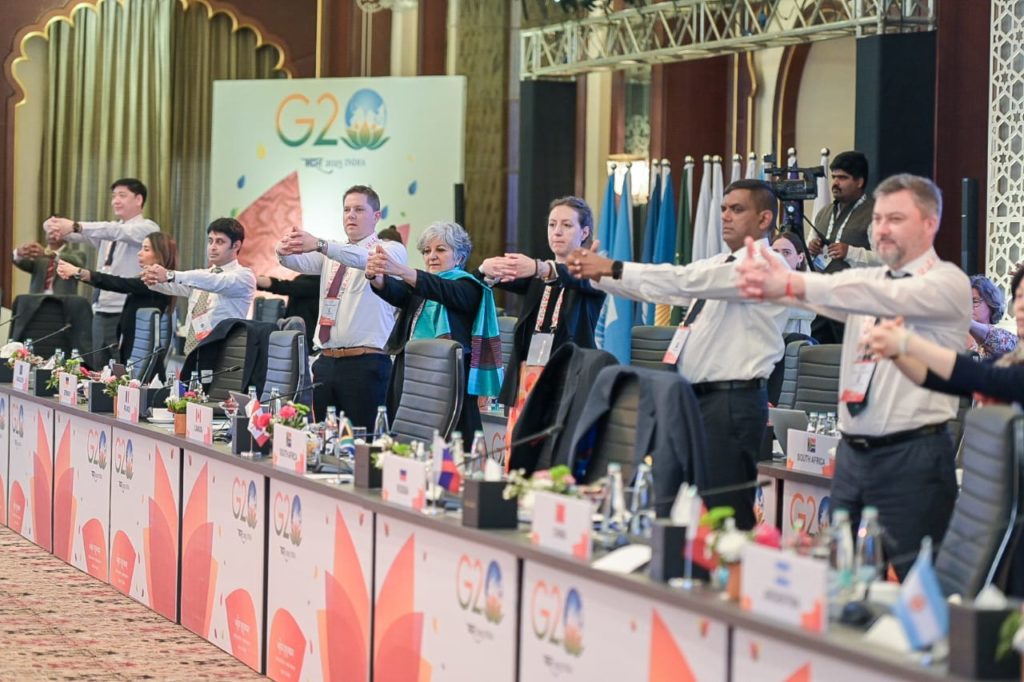
Short yoga breaks were also interspersed throughout these two-day sessions.
The sessions concluded with encouraging remarks from EWG Co-Chairs Indonesia and Brazil. In her closing remarks, Ms. Arti Ahuja, the chair of the EWG and secretary of the Ministry of Labor and Employment, thanked all the G20 delegates and participants, as well as international organizations, for their participation and engagement in the discussions.
Sourced from G20 official website

